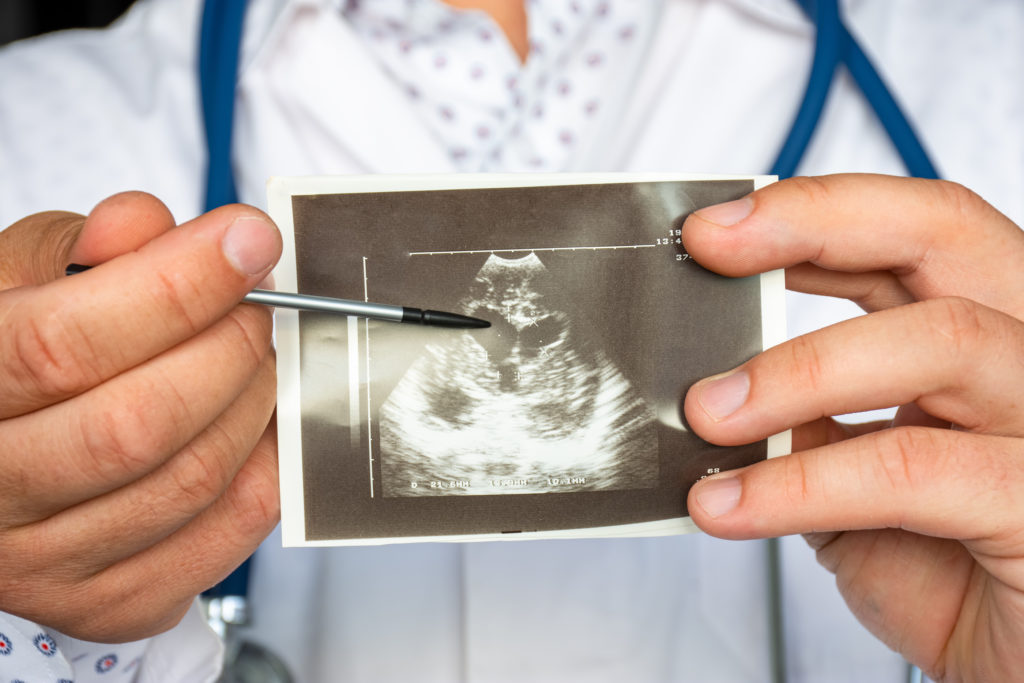
Congenital heart defect or disease is a problem that affects the structure of the heart. It is mostly present at birth. Congenital heart defects can affect the valves, walls, arteries, and veins near the hearth or in the heath. They are capable of disrupting the normal flow of blood through the hearth and can be fatal if not detected early. In patients, it can slow down or disrupt the flow of blood or completely block it. The American heart association has estimated that 9 out of every 1000 babies are born with this defects in the U.S. This problem occurs in the hearth during pregnancy and doctors use special hearth test and physical examination to diagnose Congenital heart defects.
Signs and symptoms
Sometimes there are no signs and symptoms associated with congenital heart defects, and some are often diagnosed at a later age. However, in some cases, congenital heart defects are associated with symptoms such as
- Cyanosis – a bluish tint to the lips, fingernails, and skin.
- Rapid breathing
- Poor blood circulation
- Fatigue
- Bluish skin, lips, toes, and fingers
- Difficulty eating
- Pain in the chest region
- Stunted growth
Congenital heart defects can be detected during pregnancy using ultrasound. If there is an abnormal heartbeat, your doctor may carry out further investigations to ascertain the cause. Chest x-rays and MRI scans are an effective way of diagnosing congenital heart defects.
In other cases of Congenital heart defects, the symptoms may not appear until many years after birth. When symptoms of Congenital heart develop, they may include:
- abnormal heart rhythms
- dizziness
- trouble breathing
- fainting
- swelling
- fatigue
Causes
Congenital heart defects occur when there is an early developmental problem in the heart’s structure during pregnancy. The exact cause of abnormal development of the hearth is unknown. However, the most likely causes are
- Hereditary – Some heart defects run in families.
- Pregnant mothers who had a viral infection especially during the first trimester of pregnancy
- Use of illegal drugs and alcohol during and before pregnancy
- Some form of prescription drugs during pregnancy
- Increased blood sugar levels caused as a result of diabetes
Treatment
The treatment of congenital heart defects is a factor of the severity and type. Some can be mild and may heal on its own over time, while others are severe and would require intensive care. Treatment for Congenital heart defects includes
- Medication
- Catheter procedures
- Open Hearth surgeries
- Implantable hearth devices
- Heart Transplant
Prevention
Pregnant women or those planning on getting pregnant should take certain precautions to lower their risk of giving birth to a baby affected with a congenital heart defect
- Ensure your doctor recommends every prescription medication you take
- Ensure your sugar level is under control if you have diabetes and you are pregnant or planning on getting pregnant
- Ensure you are vaccinated against German measles, rubella and also avoid exposure to the disease if you are pregnant or intending to get pregnant
- Avoid the use of illegal drugs and alcohol before and during pregnancy
- Go for genetic screening if your family have a history of congenital heart defects
